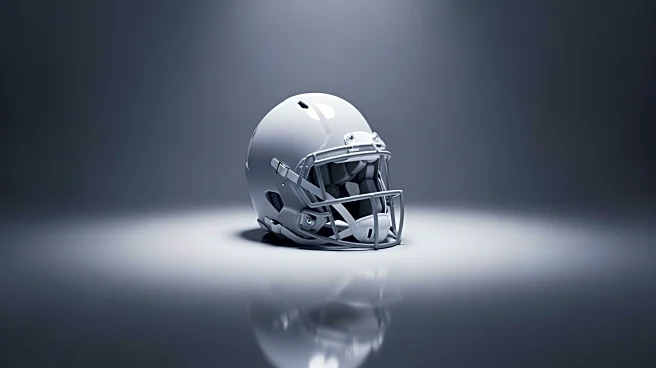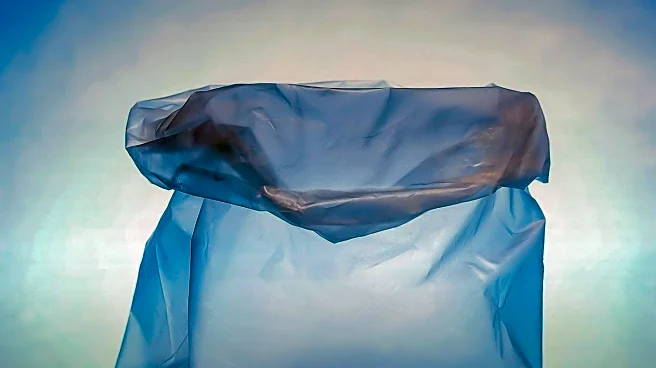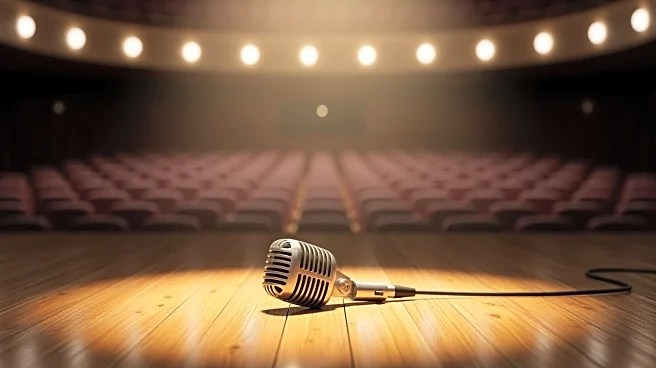What's Happening?
Greg Ellis, a former assistant coach for the Dallas Cowboys, has spoken out about the mental health challenges faced by NFL players following the death of Marshawn Kneeland, a player he once coached. Kneeland, who
was drafted by the Cowboys in 2024, died by suicide, prompting Ellis to reflect on the signs he noticed but did not act upon. Ellis, who has been an advocate for mental health awareness, expressed regret for not maintaining closer contact with Kneeland. The incident has highlighted the ongoing mental health struggles within the NFL, where players often face immense pressure and are conditioned to play through pain.
Why It's Important?
The death of Marshawn Kneeland underscores the critical need for mental health support within the NFL. Players are often under significant pressure to perform, which can exacerbate mental health issues. The NFL has programs in place, but experts argue that more should be done, such as mandatory counseling for players. The incident has sparked discussions about the importance of recognizing mental health warning signs and providing adequate support. This situation affects not only the players but also their families, teams, and the broader sports community, emphasizing the need for systemic changes in how mental health is addressed in professional sports.
What's Next?
In the wake of Kneeland's death, there may be increased advocacy for enhanced mental health support within the NFL. Stakeholders, including players, coaches, and mental health professionals, are likely to push for mandatory counseling and better mental health resources. The Cowboys and other teams may review and potentially expand their mental health programs. Additionally, there could be a broader societal push to address mental health issues in sports, leading to policy changes and increased awareness campaigns.
Beyond the Headlines
The tragedy of Marshawn Kneeland's death brings to light the cultural challenges within sports where mental health issues are often stigmatized. The 'tough it out' mentality prevalent in sports can deter athletes from seeking help. This event could catalyze a cultural shift towards more open discussions about mental health in sports, encouraging athletes to prioritize their mental well-being alongside their physical health.









